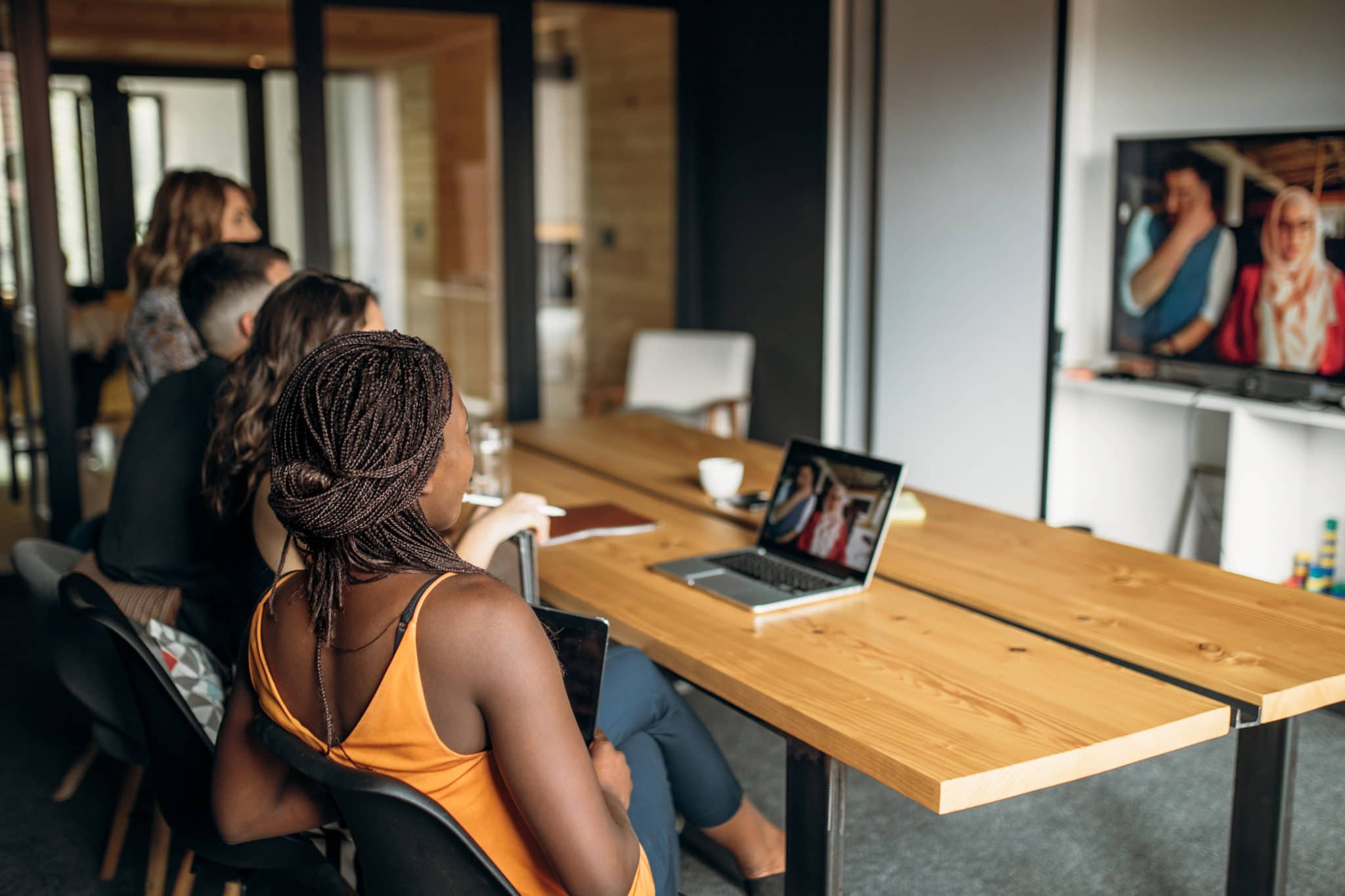For more than half a century, Neighborcare Health has been providing medical, dental, and behavioral health services to Seattle’s most vulnerable residents. From people living below the poverty line to fixed-income seniors with chronic conditions to the homeless—everyone who needs care can receive it from Neighborcare Health, regardless of their ability to pay.
Although the non-profit’s dedicated staff are known to bring care to wherever it’s needed—shelters, the streets, even people living in homeless encampments under bridges—Neighborcare Health operates primarily from its 30+ health clinics throughout the Seattle area. And because of the location of some of those clinics, the coronavirus lockdown led to increased risk for one of Neighborcare Health’s highest-priority patient groups.
School shutdowns forced the closure of school-based health clinics
A large component of the work Neighborcare Health does is through schools in underserved communities. Operating on the concept that healthy students learn better, the organization runs 16 school-based clinics, each with onsite Nurse Practitioners and behavioral-health professionals.
Neighborcare Health’s school clinics offer students a wide range of services—including treatment of common injuries and illnesses, well-child exams, vaccinations, dental services, mental health counseling, crisis intervention, and even help to find medical insurance for themselves and their families.
But schools were among the first institutions forced to close as the coronavirus spread, which forced Neighborcare Health to vacate its school-based health facilities. The organization’s dedicated staff knew that students—particularly those already dealing with behavioral and mental health challenges—would need professional care during the lockdowns more than ever.
As Maxime Al-Izzi, Neighborcare Health’s IT Director, recalls: “Providing care to minors is a priority for us. When the pandemic forced school shutdowns, we needed a remote-communications solution ASAP.”
Cloud communications allow for remote health services for students
When they rolled out RingCentral’s cloud solution, Neighborcare Health was able to transition its school-clinic staff almost immediately to providing care to students remotely. The organization signed up for RingCentral initially to give its staff the ability to take and make calls from home using their Neighborcare Health numbers. But they quickly found they could use the all-in-one platform to communicate in other ways with patients and colleagues.
“RingCentral puts the whole communications ecosystem onto a single app,” explains Mark Kholdi, Neighborcare Health’s Lead Technical Analyst. “That meant our behavioral professionals could call a family to schedule a session, send a text message with the meeting link, and then run the session as a video conference.”
Helping all patients more effectively during the lockdowns
Neighborcare Health signed up for RingCentral to deal with its most urgent challenge: to continue serving students who were no longer able to walk into a school clinic for care.
But after solving that problem, the organization realized that RingCentral’s work-from-anywhere app—which gives users phone, SMS, team chat, and video conferencing capability on any device—also allowed its healthcare professionals to communicate more effectively to all of their patients, in any environment.
As Mark puts it: “Thanks to RingCentral, we’re equipping our medical and behavioral health staff to be fully mobile. And that means they can stay connected to patients and each other wherever they are, and wherever their care is needed.”
Originally published Sep 01, 2020, updated Dec 30, 2022





